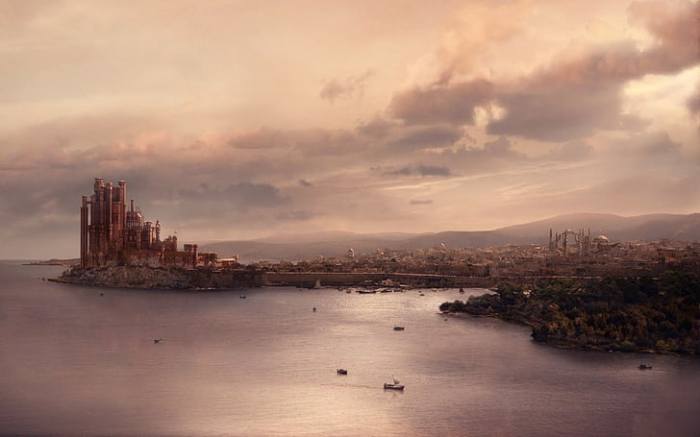Subject Of An Annual Festival In The Netherlands – the Netherlands boasts a vibrant tapestry of annual festivals, each a unique thread woven into the rich fabric of its culture. From historical reenactments echoing centuries past to modern celebrations reflecting contemporary society, these events offer a captivating glimpse into Dutch life. These festivals aren’t just celebrations; they’re powerful economic engines, drawing tourists, boosting local businesses, and preserving age-old traditions for generations to come.
This exploration delves into the heart of these celebrations, uncovering their history, significance, and enduring impact.
We’ll examine the most popular festivals, exploring regional variations and the economic impact they have on the Netherlands. We’ll uncover the cultural heritage embedded within these events, analyzing how they reflect Dutch values and traditions. Furthermore, we’ll explore how globalization and modern trends have shaped these festivals, transforming them while preserving their core essence. Prepare to be captivated by the sights, sounds, and stories of Dutch festivals.
Festivals and Modern Trends: Subject Of An Annual Festival In The Netherlands

The Netherlands, a nation renowned for its rich history and vibrant culture, has witnessed a dramatic evolution in its festivals, mirroring global trends and embracing the dynamism of the modern age. Globalization has interconnected Dutch traditions with international influences, leading to a fascinating blend of the old and the new in festival celebrations. This transformation is evident in participation levels, organizational structures, and the very themes that define these events.Modern trends have significantly impacted the organization and execution of Dutch festivals.
The rise of digital marketing and social media allows for unprecedented reach and engagement, boosting participation and fostering a sense of global community around specific events. Simultaneously, concerns regarding sustainability and environmental impact are increasingly influencing festival planning, prompting organizers to adopt eco-friendly practices and promote responsible tourism. This shift reflects a broader societal concern for environmental stewardship and its integration into even the most celebratory aspects of life.
Traditional versus Contemporary Festival Adaptations, Subject Of An Annual Festival In The Netherlands
Consider the example of a traditional village fair, perhaps one celebrating a local harvest. Historically, these events were primarily local affairs, featuring regionally specific foods, crafts, and performances. Participation was largely limited to the immediate community. A contemporary adaptation might retain the core spirit of community celebration but incorporate elements appealing to a wider audience. This could involve international food stalls, music from diverse genres, and interactive workshops showcasing both traditional and modern art forms.
The event might also incorporate digital elements, such as live-streaming, social media engagement, and interactive installations. This shift reflects a move towards inclusivity and a desire to attract a larger, more diverse crowd. The organizational structure would also be different; a traditional fair might be organized by a small volunteer group, while a contemporary version could involve a larger team, possibly with professional event management expertise and sponsorships from larger corporations.
Changes in Participation, Organization, and Themes
Over time, participation in Dutch festivals has increased dramatically, thanks to improved accessibility and broader marketing efforts. Modern festivals often target niche interests, creating specialized events catering to specific demographics or passions, such as music festivals focused on electronic dance music or food festivals showcasing international cuisine. This contrasts with the more generalized nature of traditional festivals, which tended to encompass a broader range of activities within a single community setting.
Organizationally, the shift has been from primarily volunteer-based efforts to increasingly professionalized operations, often involving specialized event management companies, sponsorships, and significant financial investment. The themes of festivals have also evolved, reflecting current social and political issues, environmental concerns, and global trends in art and culture. For instance, a traditional religious festival might now incorporate elements of intercultural dialogue or focus on social justice issues, reflecting a changing societal landscape and the festival’s role as a platform for social commentary.
The annual festivals of the Netherlands are more than just celebrations; they’re living testaments to a nation’s history, culture, and vibrant spirit. From the historical weight of centuries-old traditions to the modern dynamism of contemporary adaptations, these events offer a compelling window into Dutch identity. By understanding their economic impact and cultural significance, we gain a deeper appreciation for the rich tapestry of life in the Netherlands.
These festivals are not just events on a calendar; they are the beating heart of Dutch culture, pulsing with life and tradition.